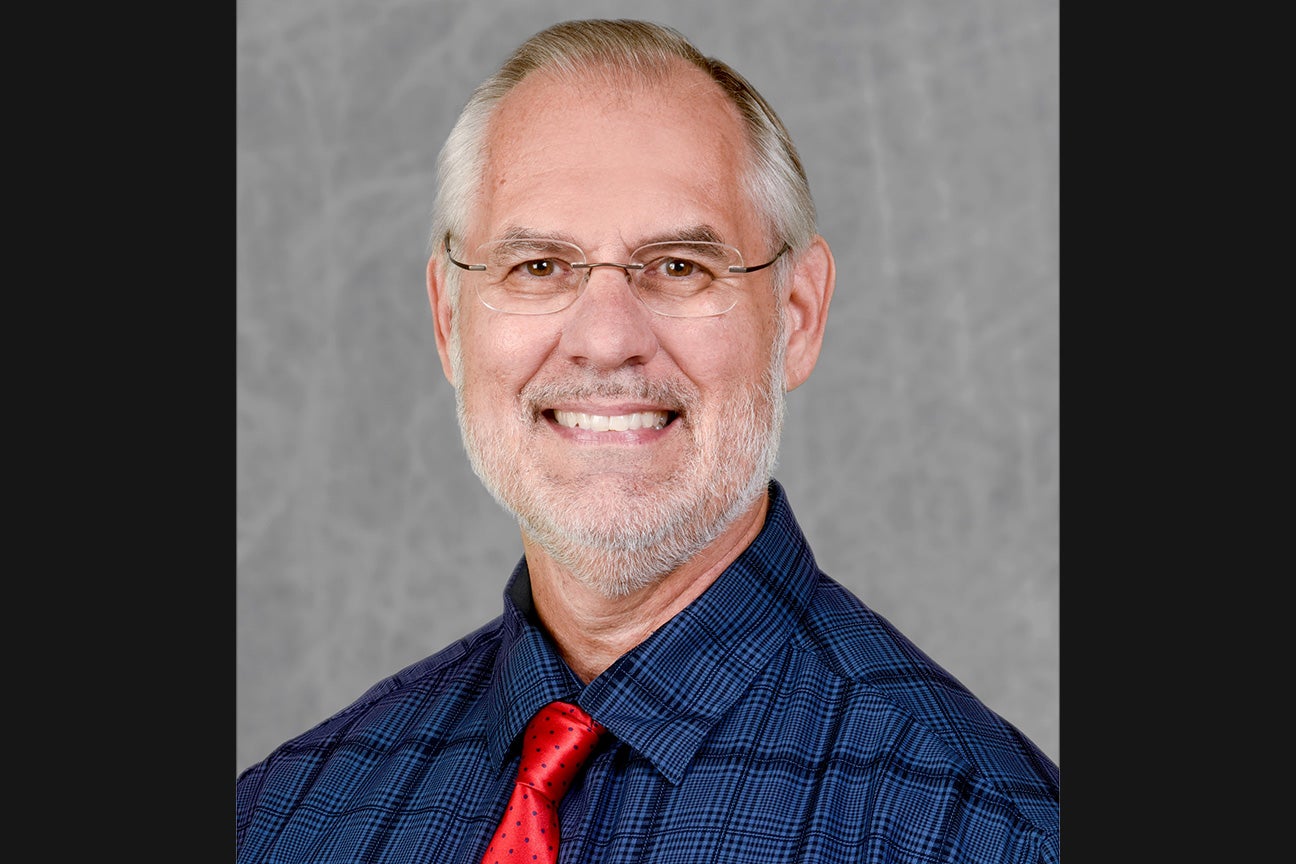Op-Ed: A new type of disaster recovery
Published 4:58 am Monday, June 8, 2020
|
Getting your Trinity Audio player ready...
|
By Leza Wainwright
When Hurricane Florence hit North Carolina on Sept. 14, 2018, she caused billions of dollars in physical damage across the state — and some of the emotional impacts of the storm were even greater. For those of us at Trillium Health Resources, we once again found ourselves serving more needs with fewer resources than ever before.
Fast-forward to today, and the Washington Post reports that experts have raised concerns over an approaching wave of challenges that the nation’s mental health system — much like our hospitals before COVID-19 arrived — is unprepared to handle, due in no small part to underfunding. As we now plan for the long road to recovery as we emerge from the pandemic, it’s more important than ever that the behavioral health of North Carolinians is prioritized in state funding.
Within the 10 days following Hurricane Florence, we at Trillium received more than 900 calls to our 24-Hour Access to Care Line. Almost before the clean-up had even begun, Trillium staff contacted providers to determine operational status, care coordinators tracked members to ensure they were accounted for, directors reached out to local governments and agencies to ask how to help, and staff volunteered in shelters and Disaster Supplemental Nutrition Assistance Program (DSNAP) sites. And, the recovery efforts had just begun.
Stepping up when disaster hits is nothing new for Trillium as we connect eastern North Carolinians — those with mental health conditions, intellectual and development disabilities (I/DD), and substance use disorders — with critical health services. As COVID-19 continues to spread across our state, people are hurting — not just physically, but mentally as well. The populations we serve need Trillium and our provider network now more than ever.
During the past seven weeks, Trillium has reached out to each of the nearly 500 providers across our network to ask what they need, assess their capacity and share ongoing updates from the state. While many North Carolinians modified their days to comply with social distancing requirements, our provider agency staff — essential workers — continues to show up every day to serve.
Trillium has also taken key steps to ensure our members continue to receive the care they need throughout this epidemic. Our members now have access to more hours of care to meet the need for services during this uncertain time. We’re accommodating social distancing with new and innovative ways to deliver service, including a major expansion of services available through telehealth. And, we’re making it easier for those struggling with opioid addiction to access lifesaving medications.
Trillium is also helping providers cover overtime and additional retainer payments for those who work in more dangerous settings. For situations in which direct care workers can’t provide their services right now, we’re helping them keep their experienced workforce during and beyond the crisis, instead of having to rebuild their staff from the ground up once the pandemic is over. As of late April, Trillium already gave financial assistance to approximately 300 providers — in turn, ensuring continued access to quality care for at least 8,000 of our members.
With so much uncertainty surrounding the pandemic, it’s hard for any of us to know what to expect in the days, weeks or months to come. What we do know for certain, however, is that long after the virus has reached its peak and the immediate public health emergency has subsided, the emotional impacts will remain.
More than a year after Hurricane Florence devastated North Carolina communities, many were still experiencing the emotional aftermath of the storm. Throughout it all, Trillium was present in the 12 declared disaster zones to offer emotional and mental health support and resources to those impacted, providing more than $25,000 in food, transportation and temporary housing assistance aid to many individual members in need.
Now, Trillium must have the support necessary to meet vital needs in the wake of the COVID-19 pandemic. Trillium has historically been asked to serve more needs with fewer resources. To sufficiently serve Trillium members, the state’s funding cuts must stop. North Carolina also needs to ease access to services for those living with I/DD through an expansion of the Innovations Waiver program. And, we need to make sure as the federal government is providing essential resources through its COVID-19 relief legislation, that funds are made available to all health care facilities, including those for behavioral health and I/DD.
With sufficient resources that will allow us to do our jobs to the best of our ability, Trillium can continue to partner with our provider network to restore wellbeing to our communities. All of us at Trillium are proud of the role we play in our region, especially when it comes to disaster recovery. We stand at the ready to continue this essential work, and hope you’ll stand by us, too.
Leza Wainwright is CEO of Trillium Health Resources.
FOR MORE COLUMNS AND LETTERS TO THE EDITOR, CHECK OUT OUR OPINION SECTION HERE.




